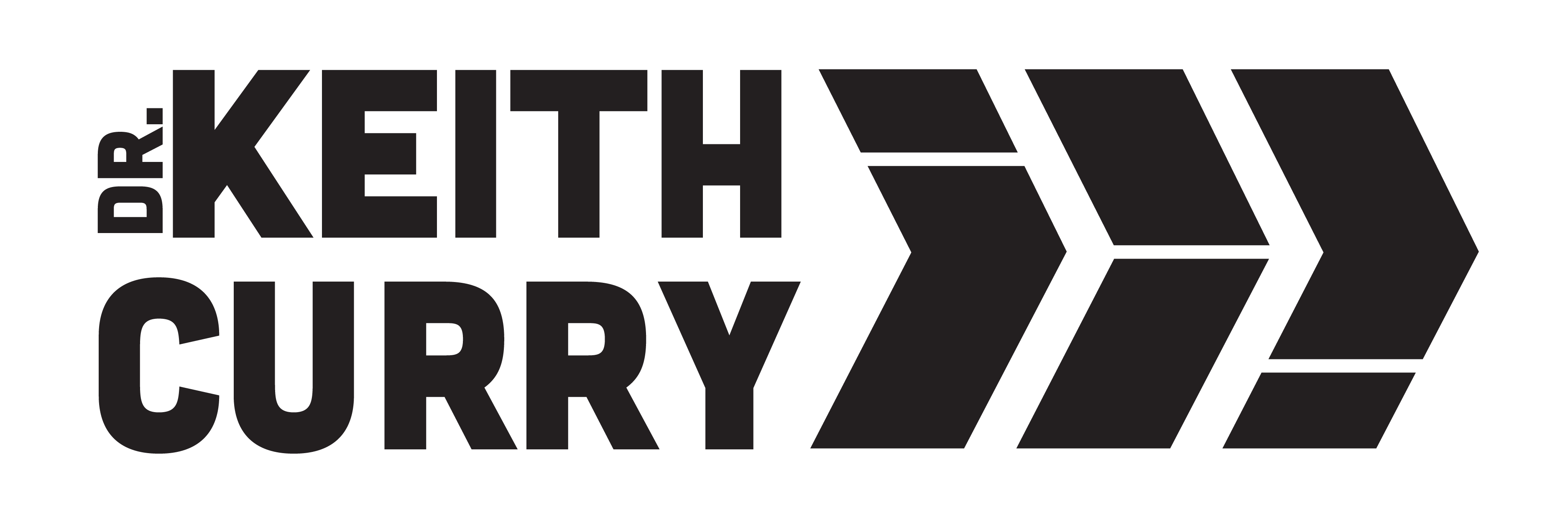In recent days, both chambers of Congress have passed resolutions to overturn President Biden’s student loan forgiveness program and the Supreme Court is set to issue a ruling on the plan later this month, reigniting public debate about the cost and value of postsecondary education.
Student loan debt has become a pervasive issue in higher education, burdening millions of individuals with financial obligations that can last for decades. Unfortunately, data show the weight of this debt is disproportionately shouldered by Black borrowers. Black students are more likely to accumulate higher levels of debt compared to their white counterparts, starting their post-graduation journey at a significant disadvantage.
The burden of student loan debt transcends graduation day, affecting every aspect of a person’s life. Black borrowers face higher interest rates, limited access to loan forgiveness programs, and increased difficulty in repaying their loans due to lower average incomes and wealth accumulation. These financial challenges hinder their ability to build wealth, invest in homeownership, and pursue other opportunities that are critical for economic mobility.
The weight of student loan debt also takes a toll on the mental well-being of Black borrowers. Constantly grappling with the stress and anxiety of repayment can hinder their ability to focus on personal and professional goals. The burden often extends to future generations, as many individuals delay starting families, purchasing a home, or pursuing further education due to the financial strain.
I truly believe institutions of higher education, should eliminate basic needs barriers for students, so they do not have the burdens of student loan debt. As student debt forgiveness is being litigated in our nation’s highest court, addressing the burden of student loan debt–particularly on Black borrowers–will require comprehensive efforts. Policy changes, including increased funding for education, fair lending practices, and targeted support programs, are essential to promote equality in higher education and alleviate the financial struggles faced by Black students. By recognizing and actively working to dismantle the systemic barriers that contribute to this inequality, we can empower Black borrowers and create a more equitable future for all.
To learn more about ways institutions, policymakers and philanthropic organizations can support Black learner excellence in higher education, visit: https://www.community4blacklearnerexcellence.com.
References:
Demos (2018). “The Debt Divide: The Racial and Class Bias Behind the ‘New Normal’ of Student Borrowing.” https://www.demos.org/sites/default/files/publications/Mark-Debt%20divide%20Final%20(SF).pdf
Baum, Sandy (2017). “Student Debt: The Unique Circumstances of African American Students” https://www.equityinhighered.org/wp-content/uploads/2019/02/REHE-Essay-Chapter-8-SA.pdf
